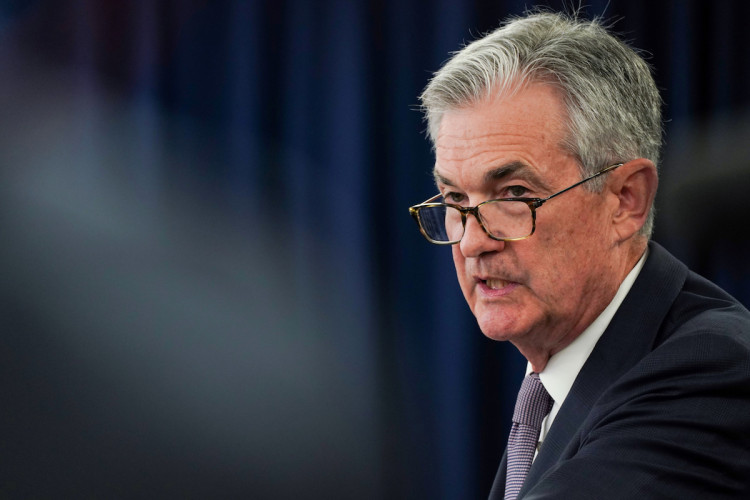Jerome Powell, chairman of the U.S. Federal Reserve, on Tuesday defended before the House of Representatives the Fed's contention the current 1.5% and 1.75% target range for short-term borrowing costs are "appropriate" to keep the ongoing U.S. economic expansion on track. Now in its 11th year, the current U.S. economic expansion is the longest on record.
Powell also sees no reason to adjust U.S. interest rates unless new developments cause a "material reassessment" to the Fed's current outlook.
He also defended the Fed's plan to ease strains in the U.S. banking system and exert more control over the federal funds rate by purchasing Treasury bills and injecting liquidity through repo operations.
Powell said these "technical measures support the efficient and effective implementation of monetary policy," and are not "intended to represent a change" in the the stance of monetary policy.
He was largely optimistic about the outlook for the U.S. economy but cited a potential threat from the rampaging Novel coronavirus (now designated Covid-19) in China and concerns about the economy's long-term health is given a spate of worrisome developments.
Powell told members of the House Financial Services Committee that during the second half of 2019 "the economy appeared resilient to the global headwinds that had intensified last summer." He said economic activity increased further and the labor market strengthened.
The pace of U.S. job gains has "remained above what is needed to provide jobs for new workers entering the labor force," driving unemployment down, according to Powell.
"Employers are increasingly willing to hire workers with fewer skills and train them," he said. This means the benefits of a stronger labor the market is now more widely shared.
Threats to maintaining the strong U.S. economy abound, however. The newest, and one with far-reaching consequences, is the Novel coronavirus outbreak pummeling China and 26 countries and territories worldwide.
"We are closely monitoring the emergence of the coronavirus, which could lead to disruptions in China that spill over to the rest of the global economy" said Powell.
He said he and his central banking colleagues are closely monitoring the global fallout from the Covid-19 outbreak. Powell believes there will "very likely be some effects on the United States" economy.
"There are a number of channels through which this could have an effect," said Powell. "The first is just tourism, really. The second is our ability to export to China is less because there's just less going on there. So exports could go down."
There are troubling signs in the labor market, however. Powell said these include income disparities across racial and ethnic groups and a lower rate of labor force participation by individuals in their prime working years than in most other advanced economies.
He also pointed out productivity gains have remained subpar throughout this economic expansion. The weak productivity is squeezing U.S. corporate profits, and might make businesses that have already cut back on capital expenditures more cautious about hiring. Powell said finding ways to boost labor participation and productivity should remain a national priority.






